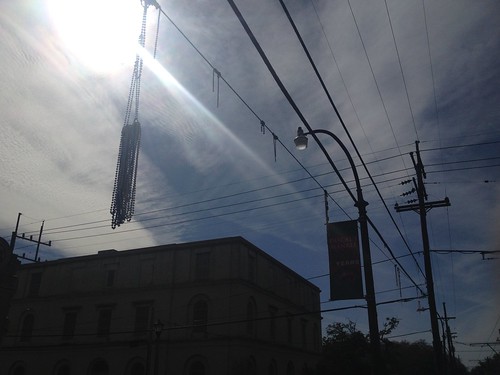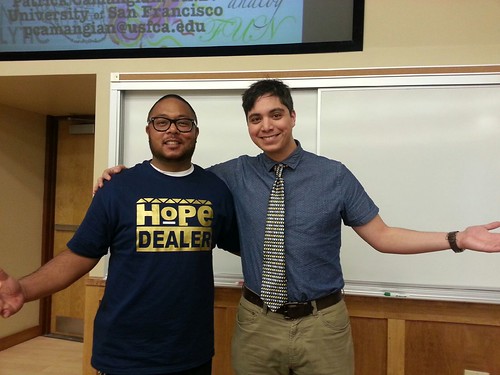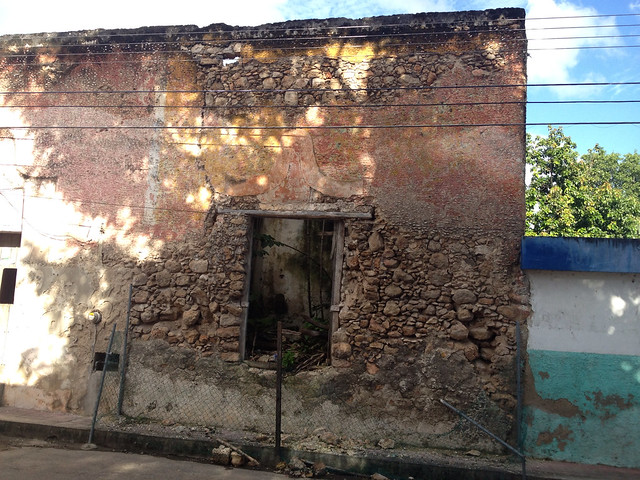
Just a quick reminder that the final speaker as part of the CSU English Department’s Literacies of Contemporary Civic Life Speaker Series, Linda Christensen, will be here on Tuesday. Professor Christensen’s work has been a foundational part of how I grew as a teacher and I am honored to get to learn from her in person next week. Here is a description of her upcoming presentation:
The Tulsa Race Riot: Raising Voices Silenced by History
The past is not dead, and it needs to be remembered for students to understand contemporary patterns of wealth and poverty, privilege and marginalization. Our curriculum should equip students to “talk back” to the world. Students must learn to pose essential critical questions: Who makes decisions and who is left out? Who benefits and who suffers? What are the origins of today’s problems? What alternatives can we imagine? What is required to create change? In this presentation, Christensen will engage participants in an examination of a historical event from eyewitness accounts to revisit the history of the 1921 Tulsa Race Riot. Through this workshop, she will demonstrate how she uses “silences” in history to construct solid literacy practices including persuasive essays and historical fiction, building a framework for critical literacy that helps students navigate an increasingly unequal world.
As usual we will be in Clark A205 at 5:30 and the event is free. Please join us!
On an unrelated note, there are two new reviews of Teaching in the Connected Learning Classroom. Here’s a review from School Library Journal. And here’s another from Paul Oh using Graphite. (Send me a tweet or email if you review the book!)
If you haven’t caught any of the Connected Learning webinars this month related to the book, there’s still time!



